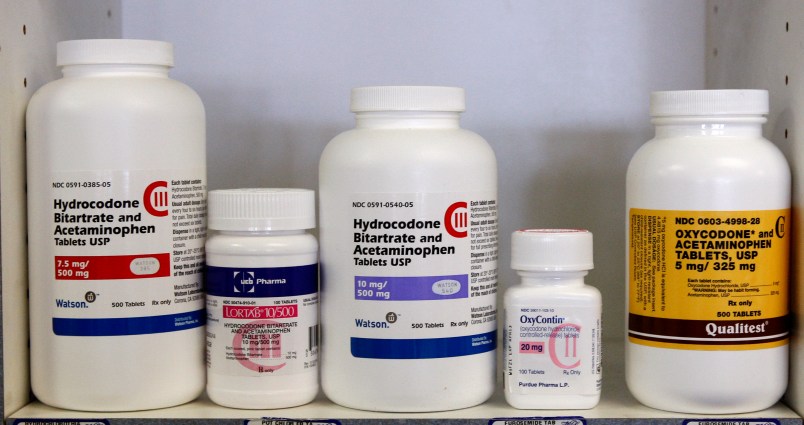The White House will propose dramatic cuts to the Office of National Drug Control Policy in its FY 2018 budget, according to multiple reports.
Politico first reported a proposed 95 percent cut to the office Friday morning, citing an internal office email and two unnamed sources, followed by the New York Times, citing a document it obtained from the Office of Management and Budget.
The proposed cuts would slash the office’s budget from $338 million in FY 2017 to $24 million in 2018, according to the reports.
ONDCP is the executive branch’s primary anti-drug agency, led by the so-called Drug Czar.
Politico obtained an email from acting Drug Czar Rich Baum, picked by the Trump administration in March for the office, who wrote to employees that the proposal was “frankly heartbreaking.”
”I don’t want to see this happen,” he wrote.
The White House downplayed the reports.
“I’m not going to comment on ongoing discussions,” deputy White House press secretary Sarah Sanders said during a press briefing Friday, asked about Politico’s report.
“Again, there’s not a final document,” she continued. “When there is, we’d certainly be happy to discuss that. I think the bigger point here is the President has made very clear that the opioid epidemic in this country is a huge priority for him, something he is certainly very focused on tackling and something that I think was ignored by the previous administration that won’t go ignored in this one.”
Sanders had earlier warned, “My first piece of advice would never be to use Politico for a source for your story.”
The move would seem to contradict Trump’s frequent campaign pledge to combat the opioid addiction.
House Republicans’ health bill, passed out of that chamber on Thursday, would also dramatically cut funds for people dealing with addiction.
The Washington Post reported in March, citing an estimate from health care economists Richard G. Frank and Sherry Glied, that nearly 1.3 million people received mental health and substance abuse treatment through the Medicaid expansion authorized by Obamacare, which would be rolled back by Republicans’ bill.
The version of the bill passed Thursday would also allow states to opt out of Obamacare’s Essential Health Benefits, a checklist of benefits that the law requires of every insurance plan. One benefit: mental health and substance disorder services.







Bad for the opioid crisis, good for all other aspects of drug policy though? I’m mostly heartened by this news.
Given how Donnie is so pro-Russia, I would have thought he’d love having a czar around.
Bet Rob Portman and other redstate opioid / meth stronghold politicians may have something to say…
Budget Director Mulvaney, he of Freedom Caucus Land, takes an idea and runs with it – over the cliff, if need be. He’s never seen a budget he couldn’t slash to bits with glee. Mulvaney doesn’t need a boss’ guidance. He sees a green light from Trump and it’s off to the races without a hint of discretion. See Meals on Wheels…
Gotta find money for that wall, you know. Keep those Mexican drugs out of the country.
[head plant, repeat until unconscious]
Fair enough.
We’ll stick to White House sources: